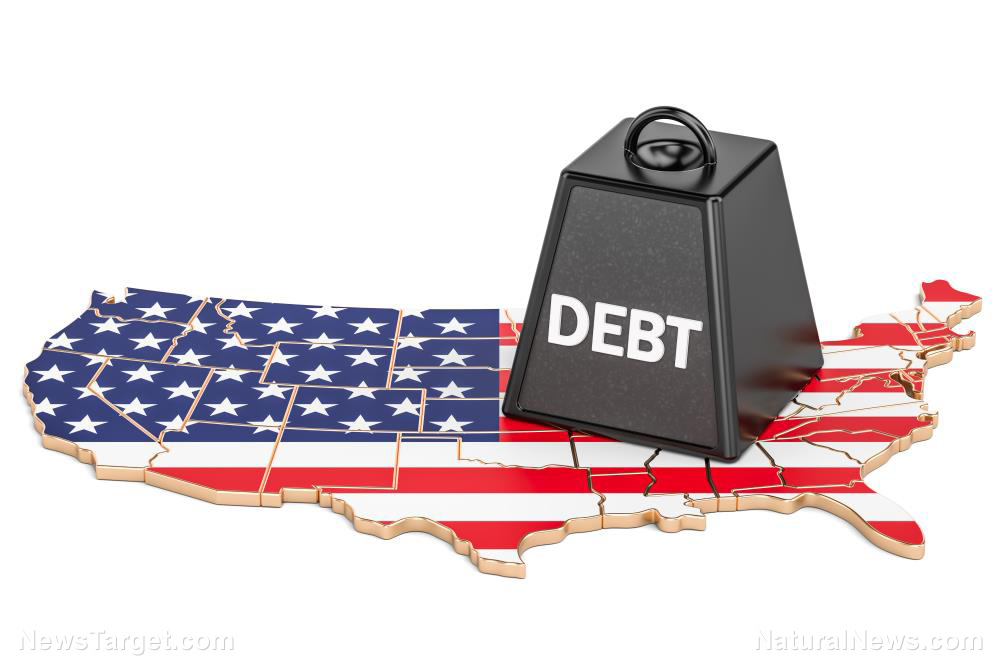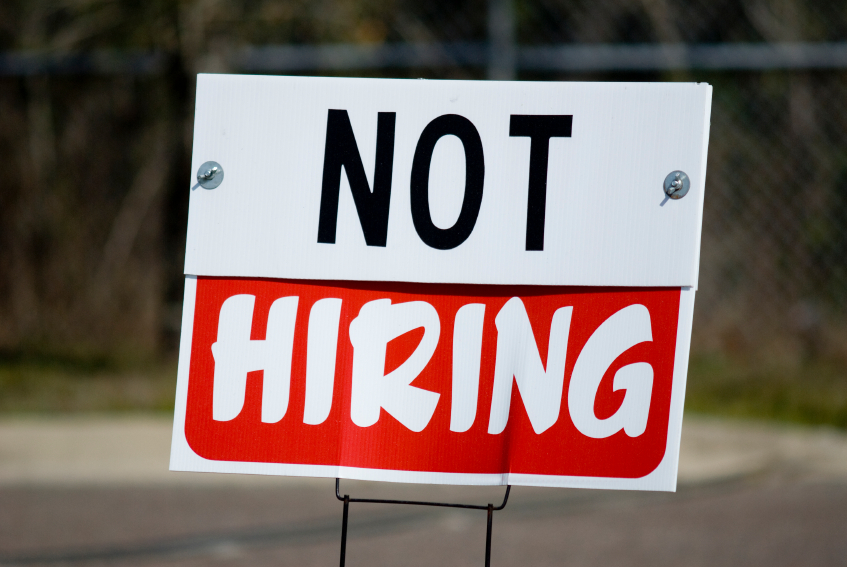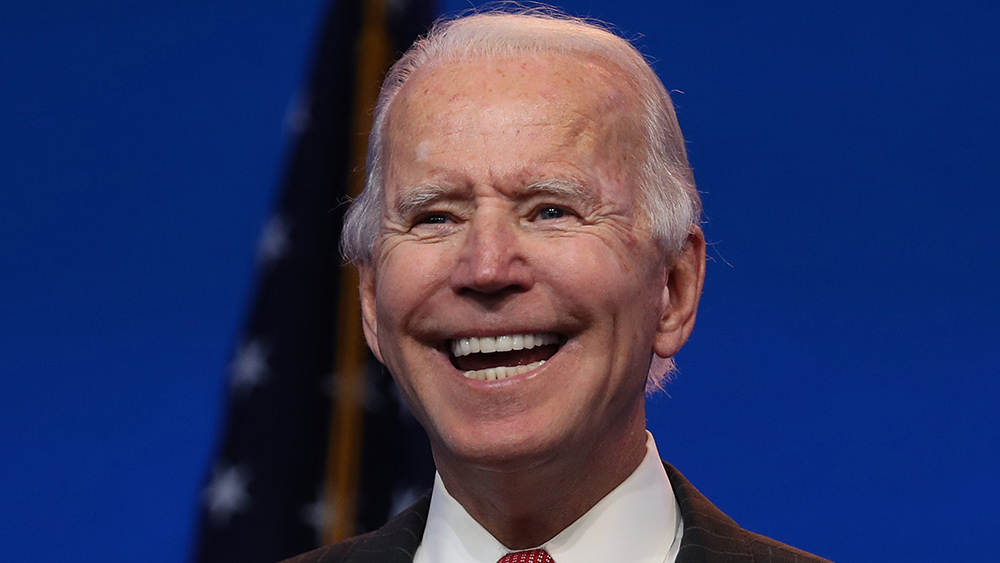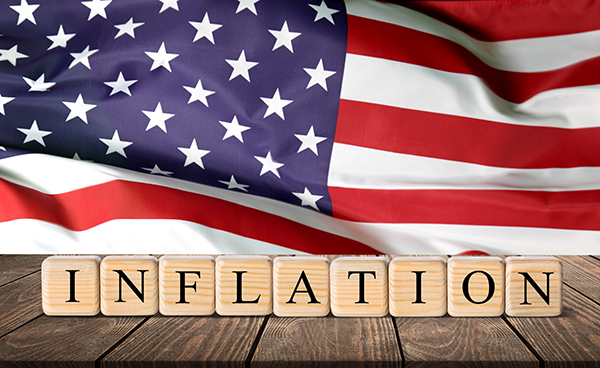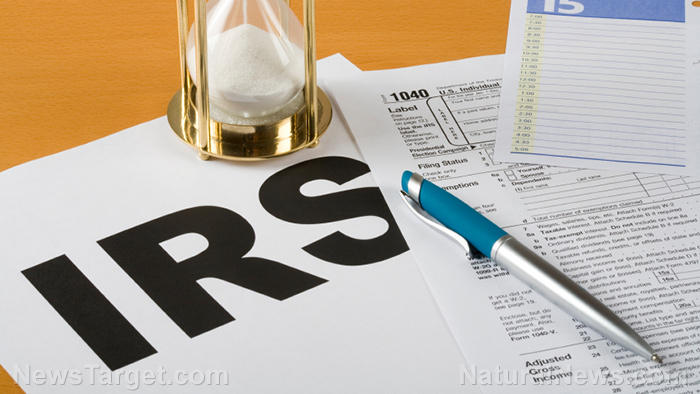Shocking 45% of small businesses couldn’t pay their July rent… mass restaurant bankruptcies appear imminent
08/02/2022 / By Lance D Johnson

According to a new survey, most small businesses are not recovering revenues that they once enjoyed in 2019, before the pandemic. The recovery rate for small businesses is a meager 25%. Approximately 75% of small business owners cannot generate the same monthly revenue they enjoyed prior to government lock downs. The most impacted regions of the country include Massachusetts, which has a small business rent delinquency rate of 42%. New York’s small business rent delinquency rate is 41%, Illinois 40% and Michigan 37% — all of which are above the national average.
Will the American dream survive the next two years, as over one third of all small businesses face financial troubles?
Up to 45% of independent restaurants could not pay their July rent
The number of independent restaurants that couldn’t pay their rent jumped by 7% in July. Nearly half of all independent restaurants (45%) cannot afford to pay their rent now, as the American economy continues to collapse.
According to the same study, rent struggles are also prominent for trucking companies and car services. Up to 48% of transportation-related businesses could not afford to pay their rent in July. Nonprofits are also rapidly collapsing, with 44% unable to afford their July rent. Over one third of retail establishments (44%), beauty salons (40%), gyms (38%) and real estate businesses (33%) are also struggling, as rent prices spike across the Nation.
More people are cutting their hair at home and not going to the salon. The percentage of salons that couldn’t make their rent went from 15% in June to 25% in July. These figures are based on a survey that includes reports from 3,553 small business owners.
Small businesses face historic cost increases for labor, fuel, rent
Small businesses are facing several economic pressures, with cost increases for labor and fuel reaching historic highs. Consumer spending is also down, hindering business revenue streams. This is because more individuals are prioritizing basic necessities in their ever-shrinking budgets. Some families are taking out lines of credit just to pay basic expenses.
And yet, the greatest strain for small businesses is coming from the rental market. Property owners are rapidly increasing rental prices to make up for rising insurance costs and property taxes, and to make up for losses incurred during the CDC’s unprecedented eviction moratorium, which allowed renters to skip their rent payments for over a year. Many small landowners were bankrupted during this time and forced to sell their holdings to wealthy investors.
As rental prices continue to increase, landlords and property managers are more likely to take further advantage of the market bubble before it bursts, price gouging consumers and small business owners as much as they can. Property managers and landlords are basically winking at one another, as they collectively raise the market value of their properties to perpetually justify ever increasing rent hikes. This is pushing renters into a tight situation, and there’s very little they can do. Because supply of housing and commercial real estate is historically low, small businesses are stuck with the higher rent, with no way out. To make matters worse, foreign investors from China are buying up property and jacking up the rental prices.
Renters who earnestly paid all their rent on time during the past two years still have to face the economic repercussions that are taking place in the market today. The government’s rent moratorium policies, combined with this administration’s economic policies, have played a major role in today’s ballooning rent increases, and now the rental market (including many small businesses) is collapsing under the weight of these failed government polices.
Sources include:
Submit a correction >>
Tagged Under:
american dream, Bubble, chaos, debt bomb, debt collapse, economic collapse, eviction moratorium, financial trouble, Government Failure, Inflation, labor costs, market crash, panic, rent increases, rental market, risk, small businesses
This article may contain statements that reflect the opinion of the author
RECENT NEWS & ARTICLES
COPYRIGHT © 2017 BUBBLE NEWS



